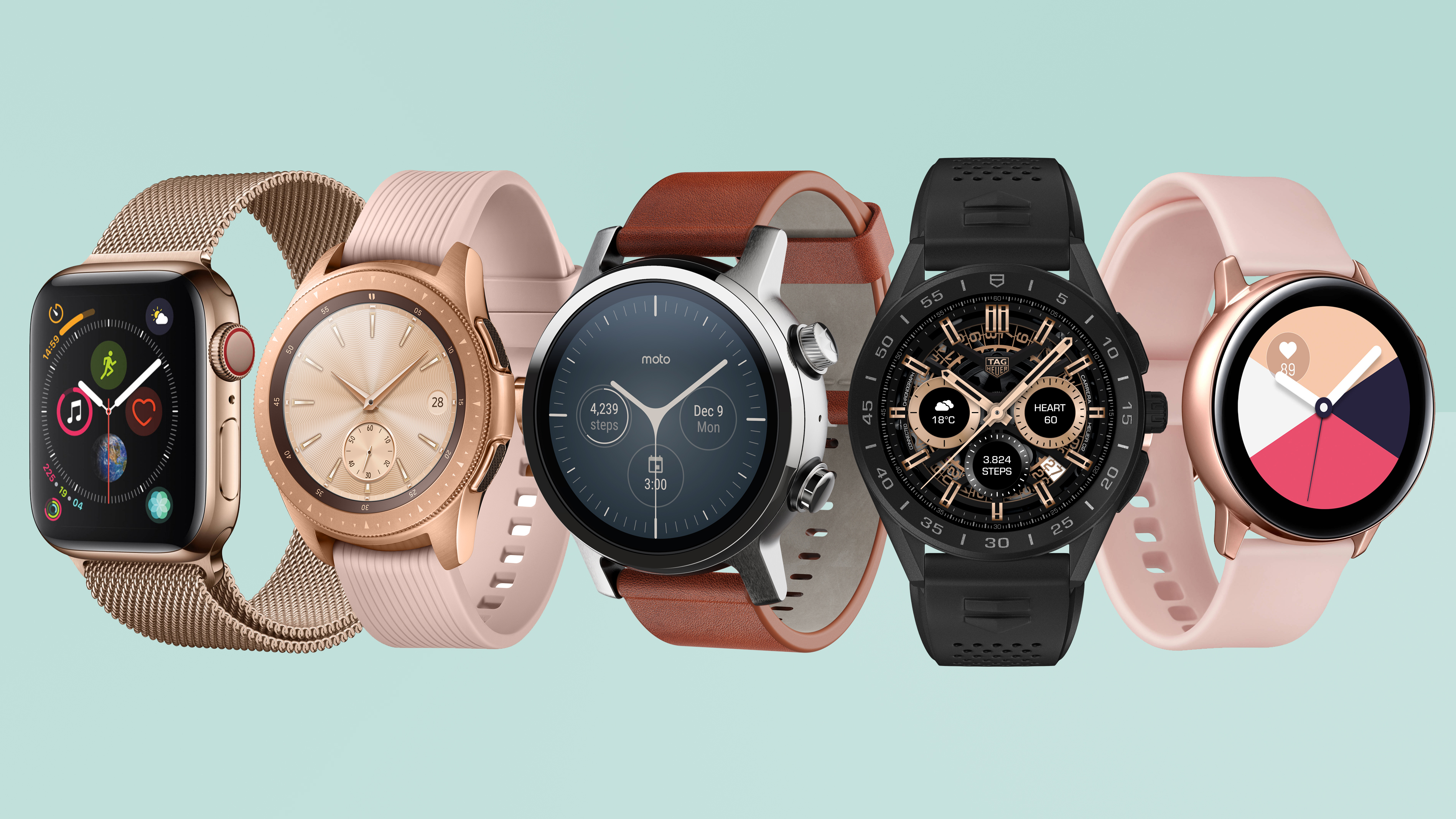Smartwatch video calling now possible says Qualcomm
Qualcomm's new chipset could see video calling come to smartwatches next year


Wearables are getting one step closer to replacing smartphones outright one day, with the announcement of Qualcomm's Wear 4100 chipset series which is outfitted with a range of new features including improved communication tools that could be utilised for video calls.
This is all possible thanks to the new Snapdragon Wear 4100 and Wear 4100 Plus chips that offer Bluetooth 5.0 support, improved GPS and 4G connectivity, and support for a 16MP camera.
- OnePlus Nord pre-orders sold out but you can still get yours early!
- Best Android phones: T3's best Android phone top picks
- Amazon Prime Day: what you need to know
With all of these features packed in, Qualcomm says it's entirely possible for wearables utilising its new Wear 4100 series to offer live maps, direct music streaming, and video calling - straight from the watch on your wrist, with no need to be tethered to a phone.
This would be a huge game changer, with smartwatches taking a step towards being versatile enough, and having enough functionality, that they could feasibly replace smartphones in certain scenarios. Of course, the camera is the main draw with phones these days, and a small watch display isn't ideal for using certain apps or browsing the internet, but this opens up a whole new world of possibilities for smartwatch makers.
- Xbox Series S has faster CPU than PS5 and supports ray tracing
- PS5 leak reveals price and release date for both consoles
Qualcomm's new chips also come with increased battery life, lasting 25% longer than the previous Wear 3100 series. Of course, that's yet to be tested in the real world. Saying that, there are currently two smartwatches confirmed to house the 4100; one is the BBK Z6 Ultra that's aimed at kids and is unlikely to roll out in the UK, US, or Australia, and the other is the newest iteration of the Mobvoi TicWatch Pro, so we'll see how they both pan out.
Another bonus that's worth a mention are the improvements the Wear 4100 series brings to ambient mode, from support for a 16-bit display to more accurate data being collected for fitness tracking.
Obviously, it's down to the smartwatch manufacturers to innovate and use the processors to get what they want out of them, but whether anyone will be brave enough to test the waters of smartwatch video calling remains to be seen.
Get all the latest news, reviews, deals and buying guides on gorgeous tech, home and active products from the T3 experts
Source: TechRadar

Shabana worked at T3.com as News Editor covering tech and gaming, and has been writing about video games for almost a decade (and playing them since forever). She's had bylines at major gaming sites during her freelance career before settling down here at T3, and has podcasts, streaming, and video content under her belt to boot. Outside of work, she also plays video games and should really think about expanding her hobbies. If you have any tech or gaming tips, shoot over an email or DM her on social media.